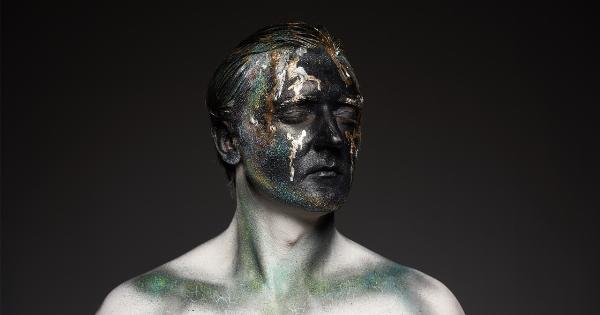In today’s society, it seems that the objectification of women has reached an all-time high. Everywhere we look, there are images and messages that portray women as sexual objects, feeding into a culture of eroticism.
This phenomenon is perpetuated in many forms, one of which is the prevalence of plastic breasts in popular media and the way it influences our perceptions of beauty and desire.
The Rise of Plastic Surgery and Breast Implants
In recent years, plastic surgery has become increasingly popular. One of the most common procedures is breast augmentation, which involves the insertion of implants to enhance the size and shape of a woman’s breasts.
This trend has created a societal obsession with larger, more voluptuous breasts, perpetuating a narrow and unrealistic standard of beauty.
The Media’s Role in Shaping Beauty Standards
The media plays a significant role in shaping our perceptions of beauty. Advertisements, movies, and television shows often feature women with highly sexualized bodies, including large and perfectly shaped breasts.
These images subconsciously influence our preferences and expectations, leading us to believe that this is the ideal standard.
Objectification and its Consequences
By continually objectifying women and reducing them to nothing more than sexual objects, we contribute to a culture that undermines their worth and autonomy.
This can have severe consequences on women’s self-esteem, mental health, and overall well-being. Additionally, it perpetuates the notion that women exist solely for male pleasure, reinforcing harmful power dynamics and gender inequalities.
Unrealistic Beauty Expectations
The prevalence of idealized beauty standards, fueled by plastic surgery and media portrayals, creates unrealistic expectations for women.
The pressure to conform to these standards can lead to body dissatisfaction, low self-esteem, and a desire to undergo surgeries such as breast augmentation to meet societal norms. This perpetuates a harmful cycle where women continuously seek external validation through their physical appearance.
Challenging the Status Quo
It is crucial for society to challenge these harmful beauty ideals. We must recognize that women are more than just their physical appearance and that their value extends far beyond their bodies.
By celebrating diversity and promoting body positivity, we can create a more inclusive and empowering environment for all women.
Education and Awareness
One way to combat the objectification of women and the allure of plastic breasts is through education and awareness.
By educating ourselves and others on the consequences of perpetuating these harmful beauty standards, we can encourage critical thinking and promote inclusive attitudes towards all body types.
Encouraging Authenticity and Self-Love
Instead of succumbing to eroticism and the pressure to conform, we should foster a culture that encourages authenticity and self-love.
Emphasizing inner qualities, talents, and achievements over physical appearance is essential in dismantling the objectification of women and creating a more equitable society.
The Importance of Consent
It is essential to recognize that no individual should feel pressured or obligated to undergo plastic surgeries or alter their bodies to fit societal norms.
Respecting one’s autonomy and choices is paramount, and consent should always be at the forefront of any decisions regarding one’s body.
The Power of Representation
Lastly, the power of representation cannot be understated. The media has a responsibility to portray diverse body types and challenge traditional beauty standards.
By showcasing individuals of all shapes, sizes, and backgrounds, we can foster a more inclusive society that celebrates the beauty in every individual.
Conclusion
The prevalence of plastic breasts in our society and the culture of eroticism it promotes are deeply rooted issues.
However, by challenging beauty norms, promoting education and awareness, encouraging self-love, and embracing diverse representation, we can begin to shift societal perceptions and create a more inclusive and equitable world for all.






























